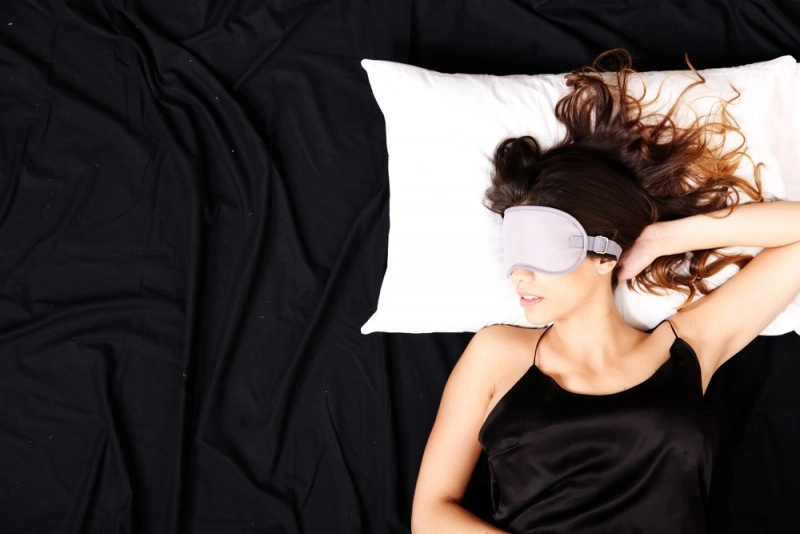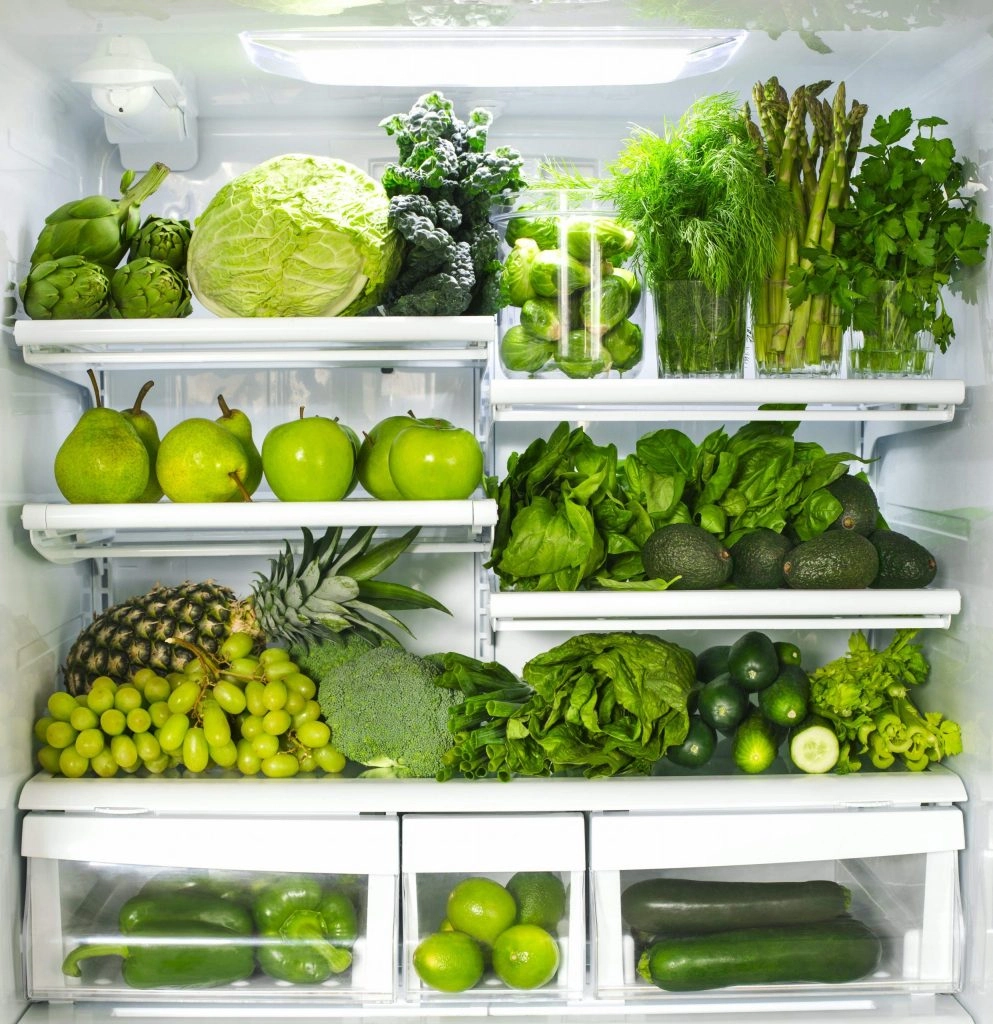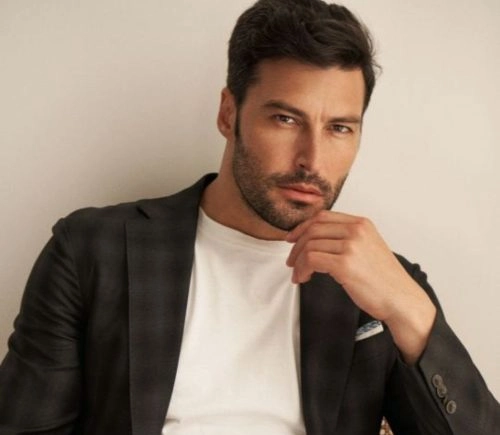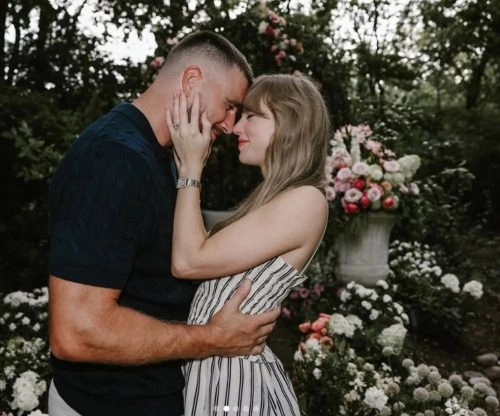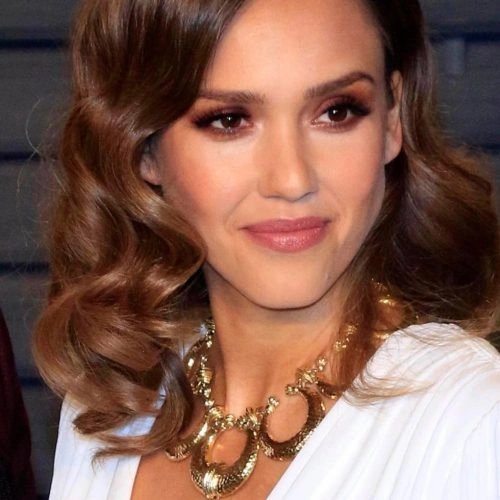For those of you who are sleeping like babies, good for you. But if your circadian rhythm is off, you’re not alone. Circadian rhythms, for those who are new to the term, are the physiological patterns that your body follows during the day, which in part, respond to light and darkness. That’s why we’re up during the day and, in theory, sleeping at night. We sat down with Clinical Psychologist Dr. Chloe Carmichael and got the 4-1-1 on getting your ZZZs. And it’s not just anxiety that’s disrupting your sleep; there’s more to this pandemic world than meets the eye.
Let’s face it, these are strange times, so if you’re not sleeping, the first step is to understand why and give yourself a break. It’s almost unnatural not to skip a beat during a global pandemic.
Galavante: What is it about this pandemic that has so many people having difficulty sleeping?
Dr. Chloe Carmichael: There are a number of reasons why people may not be getting their normal sleep. The first may be people are getting thrown off because of being in quarantine — they’re not getting as much sunlight as they naturally do being outside, going to work, the park and even running errands. Circadian rhythms are the 24-hour biological cycles our body follows, which are responsive to light. When you’re not in sunlight as much, you might not have that awareness of natural shifts of day or night. I’ve been recommending a natural sunlight lamp, which can help with getting your circadian rhythm back on track. A sunlight lamp is helpful to you, even after COVID. Also, enrich your environment. I saw the tips on Galavante from your Interior Designer Luis Hill, which were great.
Of course, during this time, it’s also perfectly normal to have anxiety about COVID. When you have anxiety, your body produces extra cortisol. Also, by being at home, a lot of people are not exercising, both from natural walking and from going to the gym, so cortisol also builds up when you don’t exercise enough. There is the factor, too, of being isolated. Some people aren’t getting enough social support, which can create anxiety and impact the quality and quantity of sleep.
Galavante: Let’s talk about those feelings of being isolated.
Dr. Chloe Carmichael: Whether you’re physically alone, or even riding this out with your family, you can feel a sense of isolation and need for physical touch. Skin hunger can affect your overall sense of well-being and calm that, without that human touch, would affect your sleep.
I would recommend weighted blankets, blanket warmers or certain types of yin yoga/restorative yoga that mimics the experience of being touched or held. There’s also this cool thing called the Huggaroo that goes around your shoulders and simulates physical comfort.
Galavante: So besides the isolation that has resulted from the pandemic, there’s also just outright stress. Can you talk a little about that and what we can do to alleviate that stress?
Dr. Chloe Carmichael: These are challenging times, so give yourself a break. It’s OK to be stressed. Not being able to sleep can be your anxiety expressing that it needs to become louder to get your attention. You should acknowledge it; listen to anxiety. Extra stress or tension ratchets up your internal monologue. It’s important to recognize and label your anxiety and find a way to address what’s creating the anxiety. Sometimes if you can label and talk things through with someone you trust, you can work things out. Listen to what’s making you anxious. Practice good self-care.
At night, you can take control by playing, for example, an audio book or sleep stories like on Headspace or Calm, where it gives your mind something to wrap itself around. When you’re listening to an audio book, you’re following the story and that makes it easier for you to shut off internal monologue and get some sleep.
Galavante: What do you think of napping?
Dr. Chloe Carmichael: Napping is good. Everyone is different, but naps have been associated with enhanced performance. I would recommend between 20 to 60 minutes, where longer than 60 minutes can interfere with your sleep. It’s good to get a little siesta during the day.
I would also say don’t nap after 3 p.m., depending on your bedtime, as you don’t want it to interfere with your sleep.
Galavante: How many hours should we be getting of sleep a night?
Dr. Chloe Carmichael: It depends on the person, but generally I would say between seven to nine hours a night. Some people need more or less.
The thing to keep in mind is, even if you’re not in deep sleep, as long as your body is in bed and the lights are off, there is rejuvenation and restoration time. Your body is being allowed to rest, which is also important, as you’re not taking in any new stimulation. So for those who are having trouble sleeping at night, know that even lying in bed in the darkness and letting your body rest is good. So, please don’t have anxiety about sleep performance. You’re doing well by giving your brain that idle time. It allows you to process the information and gives your body a chance to relax and not move around.
Galavante: So what do you think about sleep medication?
Dr. Chloe Carmichael: You can do a simple over the counter, like the Rite Aid sleep medicine, according to the directions, as long as there is no medical reason to avoid it. If sometimes you feel too frazzled to settle down and sleep, an occasional sleeping pill can help to reset your sleeping. Talk to your doctor, though, to see if this is right for you.
Galavante: What is the right bedtime?
Each person, of course, is going to be different. You have your own good sense of what time you should go to bed.
However, a lot of people find themselves struggling to go to bed when they know they should. I like audio books as you can listen to them with your eyes closed. When you have the TV on, are reading or on your phone right before you go to sleep, these don’t let you get that important “between time” when you’re drifting off to sleep. On my site drchloe.com/covid, you can read more about the best strategies for getting yourself to bed and watch a free livestream I just did with more of my tips.
In a nutshell, sleeping masks also allow you to continue your REM, combined with listening to an audio book that grabs you on a sensory level. You can also add in a nice scent like lavender or vanilla. Scented diffusers can help you relax. Turning it on in the evening before you go to sleep can associate rest; it’s almost like Pavlov’s dog association.
Galavante: Speaking of routine, what can you recommend as a routine before bed?
Dr. Chloe Carmichael: Stimulate preparatory behaviors that will signal to your body that it’s time to sleep. Make use of technology with your smart home device like Alexa or Google. You can set a routine so that every night at 8 p.m., say, your technology can put on nature sounds, or even make an announcement that it’s time to think about going to bed soon. Get your environment to start automating your sleep for you.
Also take a warm shower — it triggers your body to start a self-cooling process that your body associates with going to sleep. Part of the going to sleep process is the body cools itself down.
Galavante: So what about if you’re sleeping and you find yourself having nightmares?
Dr. Chloe Carmichael: If you’re having nightmares, keep a pen and paper by your bed. When you wake up, write down whatever it is you can remember. You can also journal, not just about your dreams, and freely write what comes to your mind. Don’t worry if what you’re writing makes sense. The point is to get whatever is on your mind out.
When you’re having nightmares, it may be that something on your mind is not addressed during your waking hours. So the mind comes up with creative ways to get your attention.
It’s important to pay attention to whatever may be on your mind by jotting down any details you can remember and potentially talking it through. You may realize that some stressor in your life is acting out through nightmares if it’s not getting your attention during the daytime. It’s OK to be angry at a situation, but the key is that you need to pay attention to understand what the emotion needs — sometimes emotions just want to be seen and understood, even if we can’t change the circumstances around them.
Since I know that many of your readers come from a great deal of financial privilege, I’ll add that sometimes people of privilege struggle to give themselves permission to acknowledge when they’re having a hard day or feeling stressed, since they feel so conscious that others with fewer financial resources may be dealing with problems that seem bigger. But please understand that stress, anger, loneliness and other feelings aren’t constrained by social status — your feelings matter, period.
Galavante: So have you seen any silver linings?
Dr. Chloe Carmichael: Absolutely. There is a silver lining to this that we are in touch and more introspective. Some people have thought more about their parents during this time. It’s also stimulated people to think about what they want. For some, it’s stirred up a lot of big lifestyle and life-planning topics, like, Do I want to live somewhere else? Do I want to transition to remote work? Hopefully people will be on a path to a happier and more fulfilled life for what’s right for them after getting through this current pandemic situation.
Galavante: Thank you so much Dr. Chloe for this insight. We’re all in this together; I know tonight we’ll sleep more soundly with your advice.
Learn more about Dr. Chloe Carmichael here.

